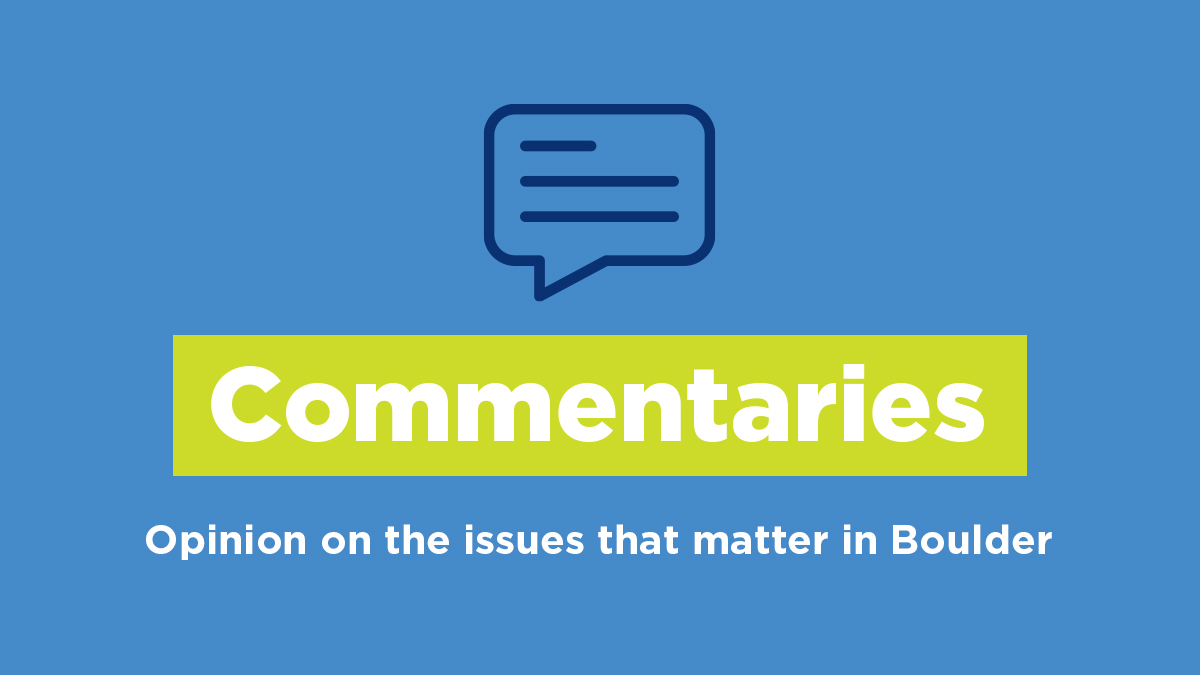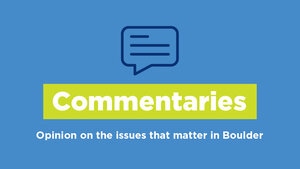Bob Yates is a regular opinion columnist for Boulder Reporting Lab. He is a former member of the Boulder City Council. Every month since 2016, Bob has published The Boulder Bulletin, a newsletter about local government and the community.
Colorado ranks among the worst states in the nation for mental health care. According to Forbes, our state is the sixth-worst in treating adults with mental illness. And we are the third-worst at providing mental health insurance for youth. That’s pretty embarrassing.
While compelling arguments can be made for the federal and state governments to provide the mental health care that Coloradans need and deserve, don’t hold your breath. The federal government — with increasingly bizarre proclamations of ways to provide less physical and mental health care for Americans — is not the place to look for leadership these days. And a billion-dollar hole in the state’s budget means that counties and cities in Colorado are on their own for a while.
So, the Boulder County commissioners unanimously placed on this fall’s ballot a proposal that we tax ourselves to pay for mental health treatment for county residents. To be sure, the tax measure is only a stopgap, intended to last three years. But it will allow the county to fund the treatment that the state and feds can’t or won’t.
The proposal on the ballot is a pretty modest sales tax of 0.15%, which comes to a penny and a half on a $10 purchase. But that mental health tax will bring in $14 million a year for the next three years, allowing the county to fund mental health programs that are starved of state and federal support.
While we talk freely about heart disease or cancer, mental illness continues to be a taboo topic, something that other people have and which shouldn’t be discussed in polite conversation. Unlike nearly every other human ailment, where we are getting better at treatment, we seem to be moving backward on mental illness. The stats tell the story:
One in five Boulder County residents reports poor mental health. Imagine if one out of five people had cancer. It would be a health crisis worthy of immediate attention. Mental illness gets ignored.
Colorado’s suicide rate recently jumped from 10th highest in the nation to eighth highest. And Boulder County’s suicide rate is climbing faster than the state’s. On average, one person a day is brought to an emergency room in the county after having attempted suicide. Too many are successful.
Latinos in Boulder County are three times less likely to receive mental health care than non-Hispanic whites. People identifying as LGBTQ have twice the level of depression as the rest of Boulder County’s population, with nearly three out of four transgender youth reporting poor mental health, often untreated. We have people in our community with untreated schizophrenia and bipolar disorder. Lacking treatment options, some people self-medicate and then become addicted to those substances, worsening their problems.
I volunteer at the All Roads emergency homeless shelter, and I know that two-thirds of unhoused people have a mental health disorder. The sheriff reports nearly the same ratio among inmates at the Boulder County jail. We freely complain about people who behave inappropriately or commit crimes, but we can’t deny that many do so because their mental illness is untreated.
So, we can do one of two things: We can live with all this depression and suicide and homelessness and crime in Boulder County, hoping that someday the federal or state governments come to our rescue. Or we can take matters into our own hands and raise the community funds necessary to treat our fellow county residents. All it will take is for us to pass Ballot Measure 1B, which will raise the sales tax in the county by 0.15% starting on Jan. 1, and ending on Dec. 31, 2028.
Now, don’t get me wrong. The county’s plan for spending the money that this temporary sales tax will generate is not perfect. The absence of federal and state funding means we will need to build the airplane while we’re flying it. We will have to improvise over the next three years, applying the county tax funds to mental health interventions we think will be most helpful. Some will work and some won’t.
But during those three years, we will make observations and collect data so that, when the mental health sales tax is expiring in 2028, residents of Boulder County can decide whether to extend it for a longer period. Maybe we’ll even designate funding for a residential mental health facility, as our neighbors in Larimer County did in 2018.
Taxes are no fun. We already have too many, and a lot of them are dedicated to the wrong things. We’re not going to fix that overnight. But what we can fix now is the gap in mental health treatment created by our inattention to this growing problem, exacerbated by the collapse of federal and state budgets.
If we want to get Colorado and Boulder County out of the unenviable position of having inadequate mental health treatment, we’re going to have to step up and pay what is necessary to take care of our neighbors. We’ve had floods and we’ve had fires, and we’ve pulled together. We can do it again.
Related

